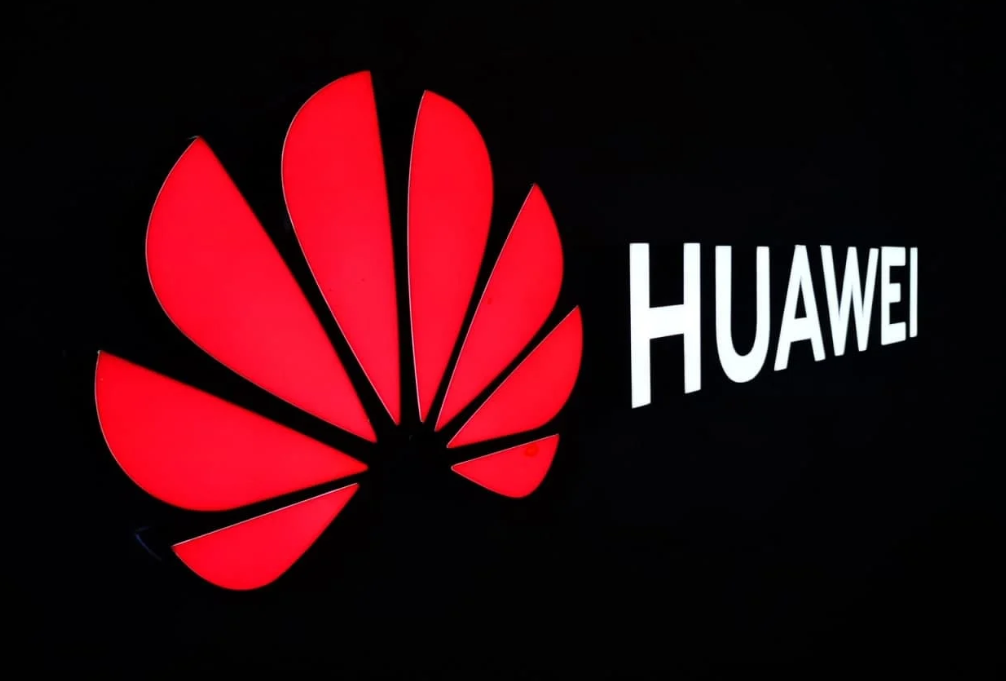As the electric vehicle (EV) market heats up, Chinese automakers partnering with Huawei face an unexpected hurdle. The issue lies with Huawei’s MDC 810 computing unit, essential for advanced driver assistance systems. Changan Auto and Chery Auto, two major players in China‘s EV industry, have felt the brunt of this challenge. Both companies, in collaboration with Huawei, have been forging ahead in the premium EV segment. However, these plans have hit a snag due to the component shortage, causing disruptions in their production schedules. Even smaller carmaker Seres has not been spared, underlining the widespread impact of this issue.
Huawei’s reliability as a supplier is under fire right now
This setback comes at a critical juncture for Huawei. The tech giant is in the midst of spinning off its Intelligent Automotive Solution business and is actively seeking investors. The timing of these production issues could not have been worse, as it raises questions about Huawei’s reliability as a supplier in the highly competitive EV sector.

Among the affected models are Changan’s Avatr 12 sedan and Chery’s Luxeed S7 sedan, both of which had garnered significant customer interest. The delays have forced these companies to offer compensation to their customers, a move that reflects the intense competition in China’s EV market. In such a landscape, even a minor delay can have major implications, not just in terms of financial costs but also in customer trust and brand reputation.
Huawei’s current predicament highlights a broader challenge in the EV industry: the reliance on complex, cutting-edge technologies that can be vulnerable to supply chain disruptions. As automakers race to integrate more intelligent features into their vehicles, similar challenges may become more common.
RELATED:
- Elon Musk admits China’s EV industry would have crushed Western competitors if not for trade restrictions
- MINISFORUM HX100G mini PC with R7 7840HS, RX 6650M now available in China, starts at 4,799 yuan ($675)
- Xiaomi 13 Ultra Premium Camera Phone is now only $799
- Best of CES 2024 – Products that stood out this year!
(Via)







